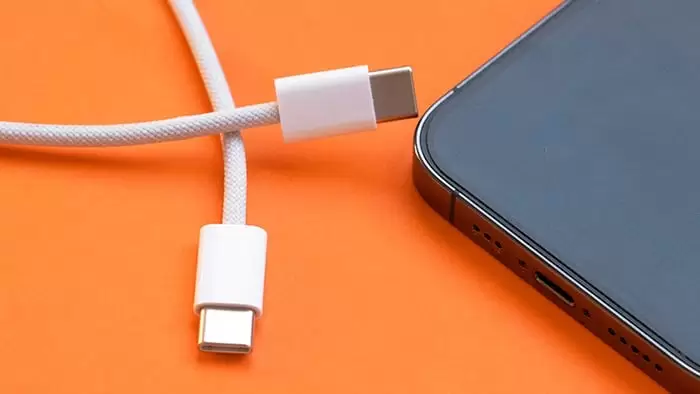Saudi Arabia has unveiled a novel directive concerning the charging of electronic devices, with the dual goals of simplicity and ecological responsibility. As of January 1, 2025, all electronic gadgets within Saudi Arabia’s borders will be mandated to utilize USB-C charging cables.
This embrace of the USB-C standard mirrors a trend set by several nations, following the pioneering steps of the European Union, which initiated a comparable policy earlier.
The decision stems from a collaborative effort between the Saudi Standards, Metrology, and Quality Organization, and the Communications, Space, and Technology Commission. Their collective aim is to amplify the user experience when it comes to electronic devices.
The beauty of this directive lies in its uniformity; adopting a cohesive connector type means that users can wield a single cable across multiple devices, streamlining convenience. Furthermore, sharing multimedia and data files between devices becomes an effortless endeavor.
The endeavor also unfolds as a cost-effective solution for both consumers and the environment. Projections by the Saudi Arabian government unveil potential savings of SAR 170 million, translating to approximately $45 million annually, as the necessity for continuous charger purchases diminishes. This strategic shift could potentially eliminate more than 2.2 million newly manufactured chargers, eliciting a ripple effect of environmental positivity.
The policy’s implementation is charted across two phases. The first phase, kicking off on January 1, 2025, mandates the incorporation of USB-C connectors for all smartphones. Subsequently, the second phase, set in motion on April 1, 2026, extends the very same directive to laptops and portable computers, further fortifying Saudi Arabia’s commitment to a standardized charging landscape.

